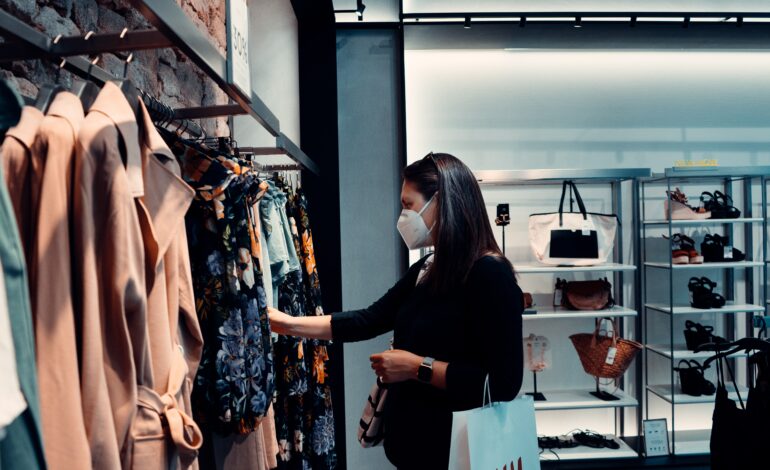DEARBORN — Governor Whitmer’s signed a new mask order on Friday to clarify how certain people did not have to wear masks in side of a store or public indoor space. This includes people who cannot medically tolerate a mask. The clarification may actually add to the confusion of dealing with customers that businesses face during COVID-19.
Legally, as long as businesses are complying with the federal Americans with Disabilities Act (ADA) and state disability laws, they are allowed to interact with unmasked customers and make decisions based on the safety of both their employees and other customers.
According to the Michigan Department of Civil Rights, this means, businesses have to:
- Post notice of the requirement to wear a face covering where all can see it
- Enforce this face covering requirement
- Provide for exceptions, including the exception for those who cannot medically tolerate wearing one
- May not assume that an unmasked customer cannot medically tolerate a face covering, though they may accept a customer’s verbal explanation or declaration that cannot tolerate one

Photo: Engin Akyurt
Here’s where things get complicated. What should a business do if a customer has said they are incapable of wearing a mask because of underlying health conditions or disabilities? In order to remain compliant with disability laws a business can do one of three things:
- Provide anyone who does not wear a face covering, for whatever reason, an alternative to entering without a face covering (have someone shop for them, provide carryout service, etc.).
- Engage in a dialogue with each customer who is not wearing a face covering to determine if, due to a disability, the business can provide a reasonable accommodation/modification of the policy for this person (this might include allowing a face shield or any of the examples above).
- Allow entry to anyone who indicates they cannot medically tolerate a face covering, while excluding others whose reasons for not wearing one are not covered in the executive order or are not covered under the ADA or state disability laws.
Now, if a business or public space provides a reasonable accommodation, like offering to shop for them or providing carryout, and the customer rejects it, a business is within its rights to deny entry to that person. Legal experts agree that under the ADA, a reasonable accommodation does not mean letting someone who claims a medical exemption inside the store.
“Michigan businesses are facing unprecedented challenges in providing essential goods and services while protecting the health and well-being of both their employees and their customers,” said Mary Engelman, interim director of the Michigan Department of Civil Rights. “This guidance is designed to give business owners a simple decision matrix to help them remain in compliance with the executive order and all applicable civil rights laws.”
Remember that Whitmer’s previous order requiring masks in indoor public spaces still stands and carries a $500 misdemeanor penalty with it. Businesses that don’t enforce the mask requirement could have their licenses suspended.






Leave a Reply